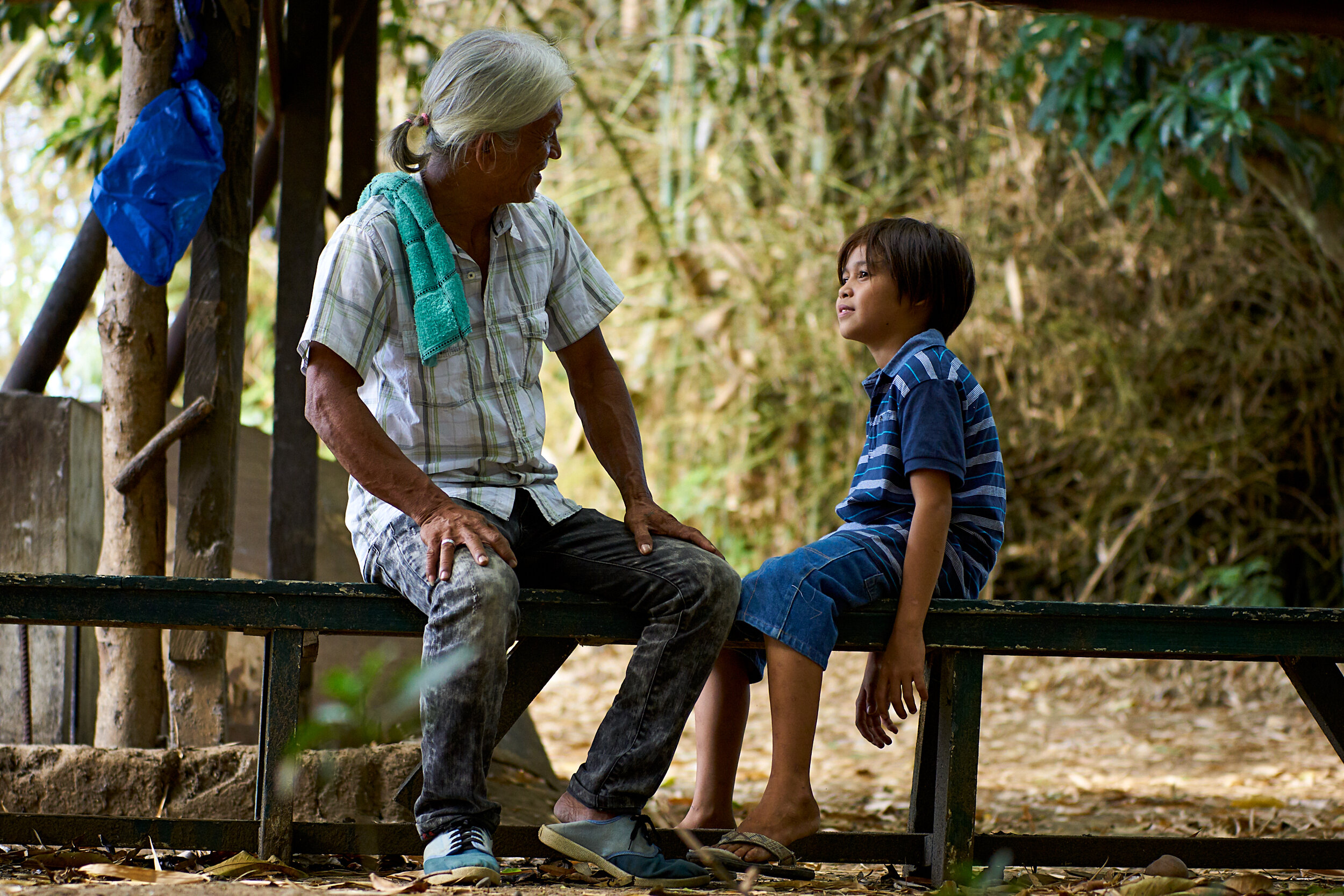Our Need For Permission
We have a need at our core for permission to ask questions, pursue dreams, test our limits. In tension to this, we often feel the undercurrent of society withholding permission from us, and unthinkingly submit to invisible boundaries.
In many areas of our lives, there resides an unspoken restraint, where we are waiting for an authority, a father, a mother, an expert or a friend to give us permission to fly. We subconsciously feel uncomfortable and decide to not pursue something. We fail to recognize, though, that what we are actually sensing is our need for an authority to authenticate our choice, to say we are amazing and tell us that what we are doing is right.
When resistance to what we know is right seems to be all around us, many of our choices are acts of defiance. We often defy what is right, whether by dragging our feet or running the opposite direction because we sense a lack of permission. Most of us have had times where we questioned authority or chose to do something we felt was right in the face of injustice. But there are other choices, especially when it comes to asking hard questions or dreaming crazy dreams, that the authentic self has been stifled and we don’t even know it.
Discovering our need for acceptance in our choices is part of what helps us be more authentic. We can learn to be more intentional in seeking permission or more intentional in seeking less permission from others. Both are valid strategies to authenticity dependent on our situation.
Our Neighbors’ Need For Permission
People crave permission and when we give permission, it increases authentic relationship.
Giving permission can take three forms:
-
Allowance
-
Acceptance
-
Blessing
When we ignore the need for permission in people around us, it shallows our conversation depth. We may be good intentioned at the moment, but shallow relationships are brittle and end up shattering under stress.
Allowance is a step beyond tolerance. When people want to do things we believe are wrong, what can we do? If we are not seeing a significant harm to the community in their actions, we can allow this by verbally acknowledging the person and appreciating them. We can find ways to bless and pray for them regardless of ideological dissonance. By definition, tolerance might ignore the person we differ from altogether or maintain an underlying bad attitude toward them.
Allowance can grow past neutrality too when we begin accepting the activity. For example, you have a friend who is a microbrewer, but you don’t like alcohol because you know family members who struggle with alcoholism. In choosing acceptance, you could still sit down with the microbrewer and sip their artisan brew or take genuine interest in their hobby even though you would never make it yours.
Sometimes, acceptance can graduate into blessing, opportunity to empower someone on their journey. Blessing does not always mean agreeing. I can bless a son to move to North Korea even if I think Japanese culture is a better fit. But blessing is aligning my heart, emotions, and faith with theirs for their journey ahead.
Remain alert for that subtle search for permission that people seek but are at the same time in denial of. How am I setting free others today?
INfire recently had a key team member who wanted to pick up a job that would impact up to 50% of their time with us. This became a process of cost counting, helping the community see what it would cost (negatives) and how we needed to adjust. Then we were able to bless the colleague to go and dream about wins we would all see from this new opportunity. Blessing doesn’t mean we don’t see negative consequences, it simply means we recognize all the truth as best as we can and find ways to bless and celebrate others.
Acceptance is a powerful way to be more authentic. We all crave it. I’m hoping to learn how to be more generous with it. How much conflict would end in the world if people’s acceptance reservoirs were a little fuller?
This is Part 4 from my series on authenticity. You can read the other versions here:


